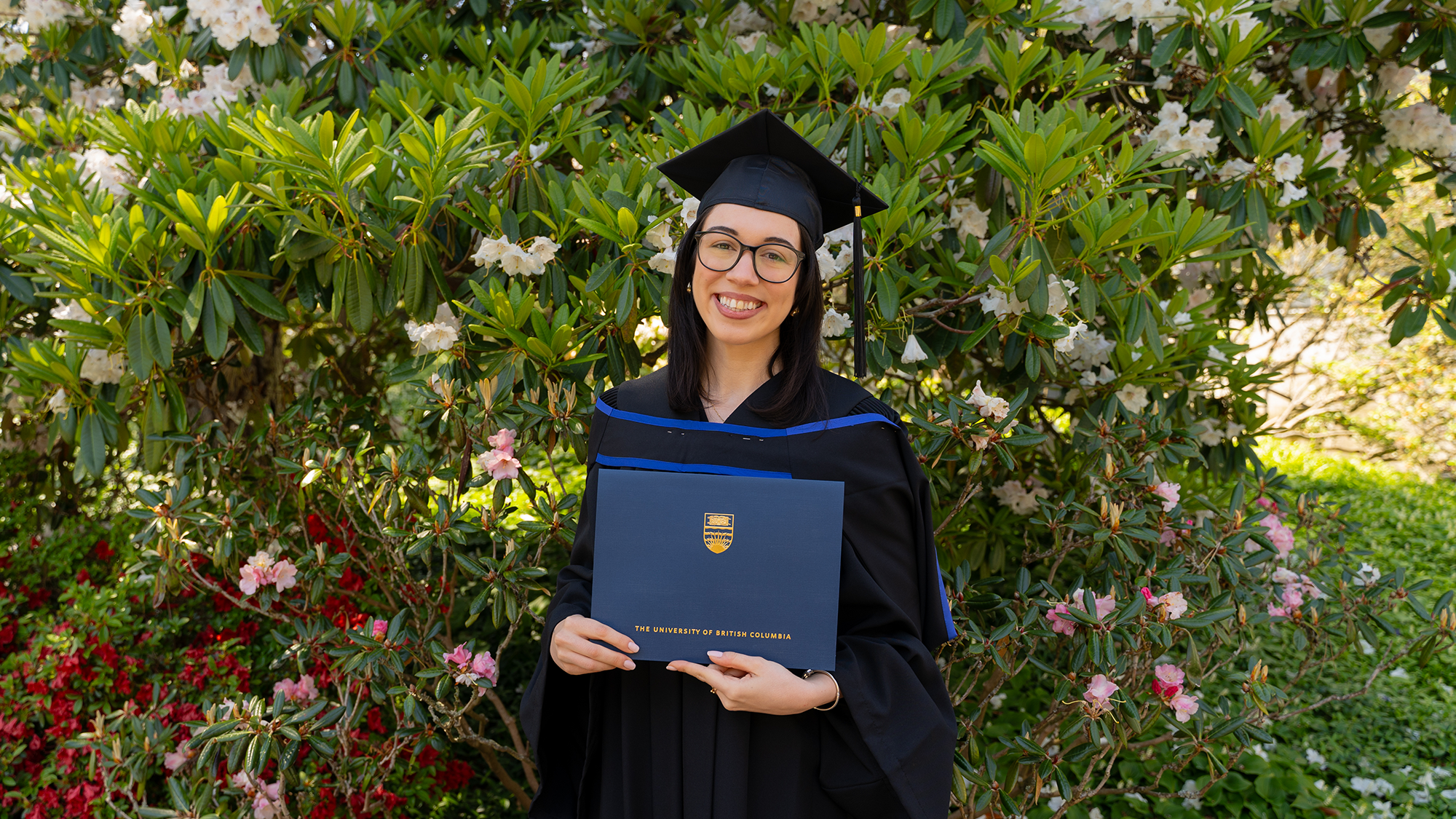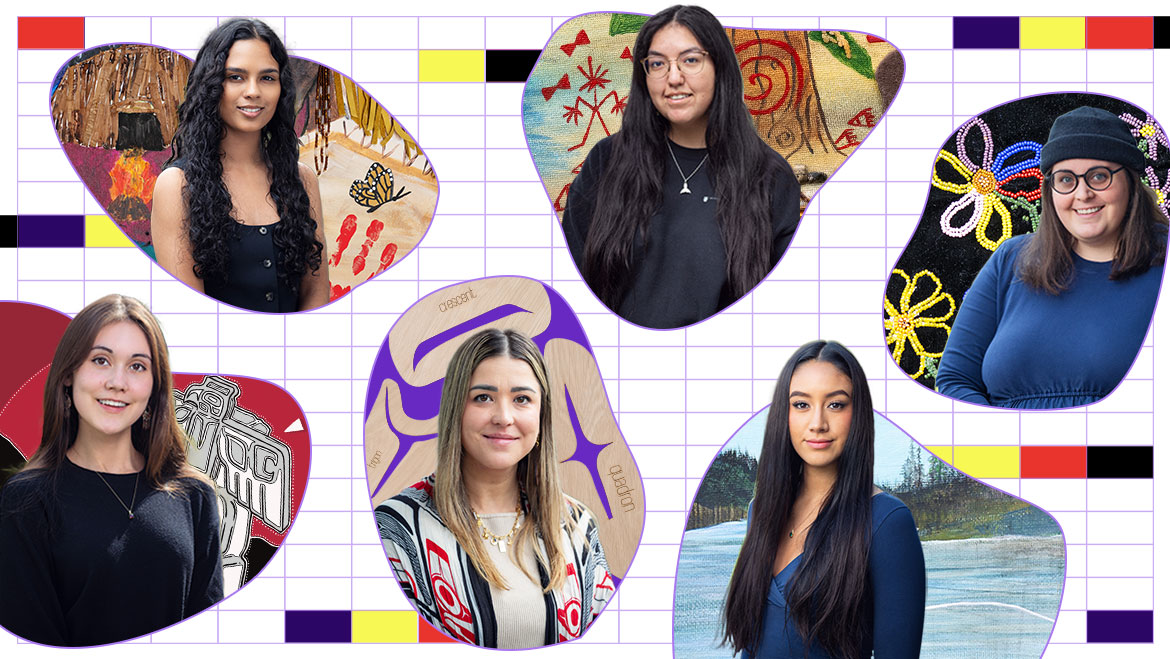

Registration starts next week for the 2022/23 Winter Session! From classes tackling the climate emergency, to an introduction to youth activism and food systems, explore our list of over 15 new courses being offered for the first time ever in the Faculty of Arts.
Term 1


Introductory Modern Standard Arabic I (ARBM 101)
In this introductory course, learn how to introduce yourself, ask and answer basic questions about your family and friends, daily routine, likes and dislikes, and learn to read and write the Arabic alphabet. The course will focus on both Modern Standard Arabic and a spoken dialect, all while exploring various cultural aspects of the Arabic-speaking world.
Taught by Nesrine Basheer


Youth Activism and Social Justice (GRSJ 225)
From Malala Yousafzai, to the Parkland survivors, to Greta Thunberg and Autumn Peltier, to global movements focused on the right to education, ending child labour, or ending the practice of child brides, young people are leading the fight for social justice and social change. GRSJ 225 provides an introduction to intersectional feminist scholarship with a focus on contemporary youth culture and the social and political resistance of youth movements.
Taught by Kim Snowden
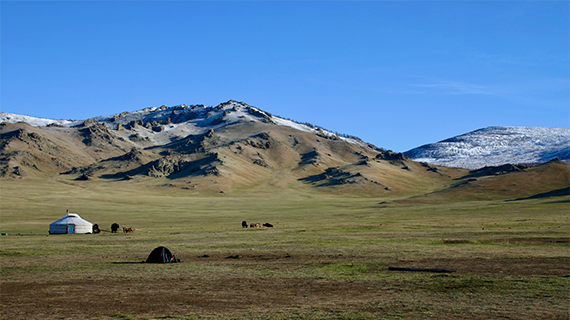

Steppe Empires in World History (HIST 279)
Discover the powerful empires that flourished over the Eurasian Steppe, a vast area stretching from Eastern Europe all the way to East Asia, from the earliest to modern times. Learn about the Scythians and Xiongnus and their relationship with the Greeks and Chinese, journey with the Turks and Mongols, tracing various transformations along the Silk Road and of the Eurasian world, and examine the legacies of the Mongol empire and the making of the modern world.
Taught by Shoufu Yin


Introduction to Romance Language Cinema (RMST 305)
Explore the history, characteristics and cross-cultural similarities of films in French, Italian, Spanish and Portuguese in relation to discourses of gender, race, class, and linguistic cultural differences, learn how cinematic traditions differ from Hollywood cinema, and weigh the problems and benefits of categorization.
Taught by Alessandra Santos


Ethnography of the Middle East (ANTH 311)
Critically analyze the colonial experience and cultural representations of the Middle East, particularly visions of orientalism and geopolitical discourses. This course will draw on ethnographic literature to consider contemporary life and subjectivities.
Taught by Amirpouyan Shiva


History of the Global Financial Order (HIST 330)
This seminar explores the origins and transformation of the global financial order, from the 18th century until present, in relation to war, state-building, money markets, international political economy, and colonialism. No prior knowledge of economics is required. Prerequisite: Second year standing or higher.
Taught by Hicham Safieddine
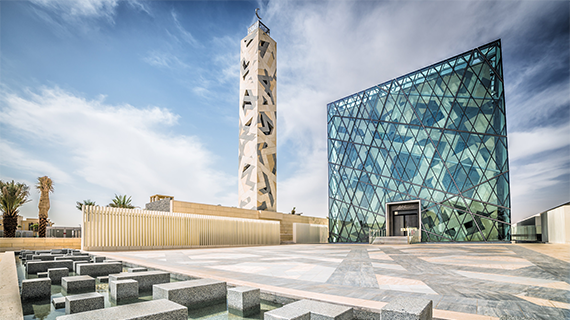

Modern Islam (ASIA 328)
Modern Islam is often presumed to be a distinct phenomenon, different from what preceded it and unique to the modern world. But when did the ‘modern world’ begin? To what extent does it affect our lives? How different is the ‘modern’ world from the ‘pre-modern’ world? Explore all of these questions through the lens of contemporary Islam to find answers about who we are, what it means to be modern, and what Modern Islam might be.
Taught by Rumee Ahmed
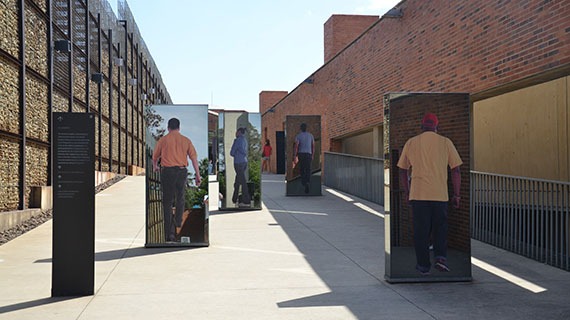

Post-and Anti-Colonial Geographies (GEOG 346A)
This course offers an examination of key postcolonial and anticolonial theories to engage with questions of geographical difference, uneven development, and the politics of knowledge production at the global scale.
Taught by Priti Narayan
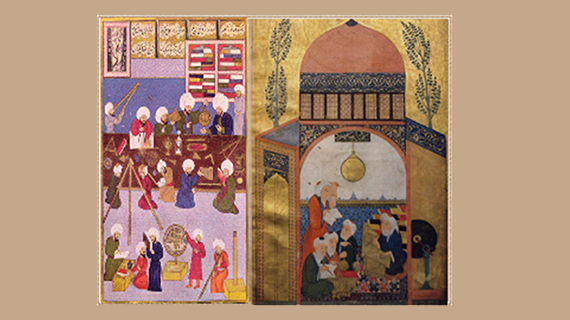

Classical Islam (ASIA 391)
Examine the contested histories, texts, and major Islamic movements from the rise of Muhammad in Arabia to the fall of the Abbasid Empire (ca. 1258). Learn how major events, ideas, and groups from this era are engaged with and remembered differently, and how they influence contemporary ideology, practice, and policy.
Taught by Rumee Ahmed


Gardens of Culture: The Anthropology of Food Systems (ANTH 437)
Learn about anthropological approaches to foodways and agricultural sustainability, particularly small-scale producers and communities. This class includes an ethnographic analysis of food movements, food systems and the socio-economic contexts of food provisioning and food production. Prerequisite: Second year standing or higher.
Taught by Tracey Heatherington


Media Design for Contemporary Childhood (INFO 441)
Survey emerging media forms and formats that affect the lives of young people. Grapple with diverse conceptions of both media and children/youth and confront issues that sometimes lie below the surface of media creation and use, such as power and control, privacy, safety, gender bias, cultural stereotypes, and violence.
Taught by Eric Meyers
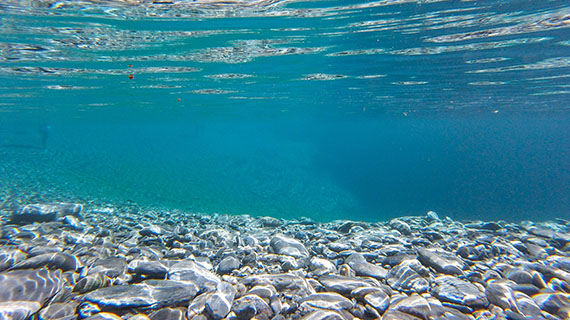

Oceanic Geographies: Migration, Mobility, and Diaspora (GEOG 446B)
This upper-year undergraduate course moves beyond landmasses to consider global oceanic connections, migration routes, and diasporic populations. Each student will produce a research paper and an accompanying soundwork.
Taught by Desirée Valadares
Term 2
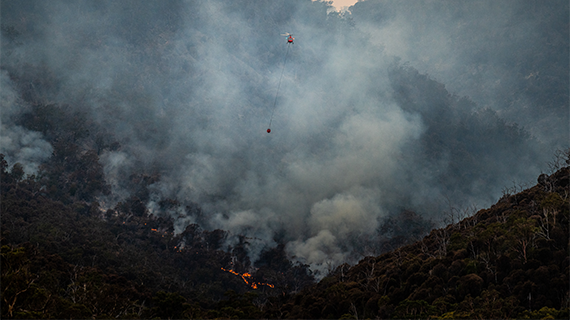

Climate Emergency (GEOG 202)
Study the science, impacts, and parallel crises of the climate emergency, the decarbonization challenge and measuring progress towards emission targets, and strategies and tools for climate action at local, national, and global levels.
Taught by Naomi Klein and Alec Blair


Studies in the History of a Major Asian Civilization (ASIA 310D)
Discover the contemporary political, social, economic, and cultural history of the Arab world through a survey of Arab film masterpieces. The class includes film viewing and seminar discussion of the films and accompanying readings.
Taught by Nesrine Basheer


Geographies of Urban Indigeneity (GEOG 346B)
Examine the geographies of urban Indigenous communities. While the focus is on urban Indigeneity within Canadian cities, we will also look at examples of urban Indigenous experiences in other settler colonial contexts, such as the US and New Zealand/Aotearoa.
Taught by Michael Fabris


Indigenous Governance, British Columbia (ANTH 430)
This course will focus on Indigenous perspectives on governance, authority, and jurisdiction as applied to BC First Nations. This is a seminar course in which students will examine existing governance systems (such as band councils, tribal councils, hereditary systems), historical systems of governance, and proposed models for future governance.
Taught by Charles Menzies
